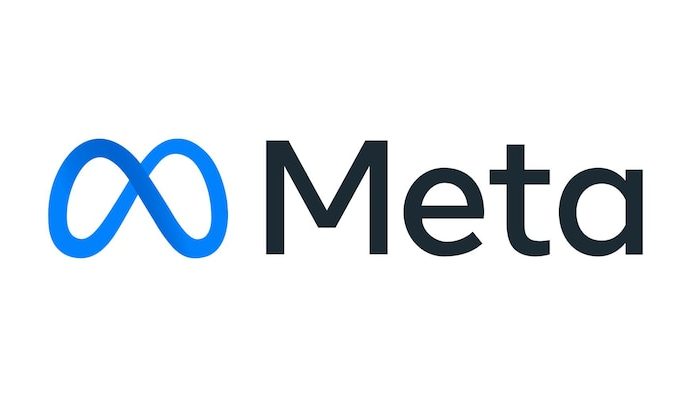Meta, the parent company of popular social media platforms Facebook, Instagram, and WhatsApp, has unveiled a proposal aimed at alleviating mounting concerns surrounding competition and market dominance in the United Kingdom. The plan revolves around imposing constraints on the usage of ad data, signaling Meta’s proactive approach in addressing regulatory worries. Join us as we
Meta, the parent company of popular social media platforms Facebook, Instagram, and WhatsApp, has unveiled a proposal aimed at alleviating mounting concerns surrounding competition and market dominance in the United Kingdom. The plan revolves around imposing constraints on the usage of ad data, signaling Meta’s proactive approach in addressing regulatory worries. Join us as we delve into the details of Meta’s proposal, explore the motivations behind it, and assess its potential impact on the UK digital advertising landscape.
The issue of market competition and the dominance of tech giants have become focal points of discussion, with critics arguing that companies like Meta exert significant control over the digital advertising sector. In response to these concerns, Meta has come forward with voluntary measures designed to address regulatory worries and level the playing field. The proposal focuses on imposing constraints on the usage of certain ad data, a move intended to promote fair competition and foster a healthier advertising ecosystem.
Under Meta’s plan, the company will implement limitations on specific ad data for a period of five years. These restrictions encompass various aspects, including access to targeting parameters, audience insights, and performance metrics that could potentially provide Meta’s own advertising platform with an unfair advantage. By voluntarily adopting these constraints, Meta aims to restore public trust and create an environment that encourages healthy competition, while also safeguarding user privacy.
The introduction of ad data constraints by Meta aligns with a broader global trend, as tech giants face mounting pressure from regulators to address concerns related to market dominance. Antitrust investigations and calls for stricter regulations have prompted companies like Meta to demonstrate their commitment to fair practices. By proactively adopting ad data limitations, Meta seeks to address concerns about its market influence and foster an environment that benefits all participants within the advertising industry.
While Meta’s proposal to impose ad data constraints is a step in the right direction, skeptics argue that voluntary commitments might not be sufficient to tackle the core issues of market concentration and unfair competition. Some contend that stronger regulatory oversight and enforcement may be necessary to ensure genuine competition in the digital advertising landscape. Nonetheless, Meta’s proactive approach should be acknowledged as a positive sign, indicating a willingness to engage in constructive dialogue and self-regulation.
The impact of Meta’s ad data constraints is expected to be twofold, with both positive and negative implications for the digital advertising sector. On the positive side, these constraints may create opportunities for smaller advertising platforms and startups to compete on a more level playing field. With restricted access to certain data, advertisers may be inclined to explore alternative platforms and diversify their ad spending, which could foster innovation and encourage healthy competition.
However, these constraints may pose challenges for advertisers and marketers who heavily rely on comprehensive data insights to optimize their campaigns. Limited access to specific targeting parameters and audience insights might impact the precision and effectiveness of their ad strategies, potentially hindering their ability to reach their desired audiences. Advertisers will need to adapt their approaches and explore alternative data-driven solutions to achieve their marketing objectives.
The effectiveness of Meta’s ad data constraints will depend on the company’s commitment to transparency and accountability. Regulatory bodies and industry watchdogs will closely monitor Meta’s adherence to its pledges, ensuring that the constraints are implemented fairly and consistently. Ongoing communication and collaboration between Meta and regulatory authorities will be vital to ensure that the intended goals of these limitations are achieved.
In conclusion, Meta’s proposal to impose constraints on the usage of ad data in the UK reflects the company’s commitment to addressing concerns over market dominance and fostering fair competition. By voluntarily adopting these limitations, Meta aims to create an advertising landscape that is more equitable and promotes healthy competition. However, the true impact of these constraints will depend on their effective implementation, ongoing monitoring, and Meta’s dedication to transparency. As the digital advertising industry continues to evolve, finding the right balance between competition and data privacy will remain a critical challenge for all stakeholders involved.

















Leave a Comment
Your email address will not be published. Required fields are marked with *